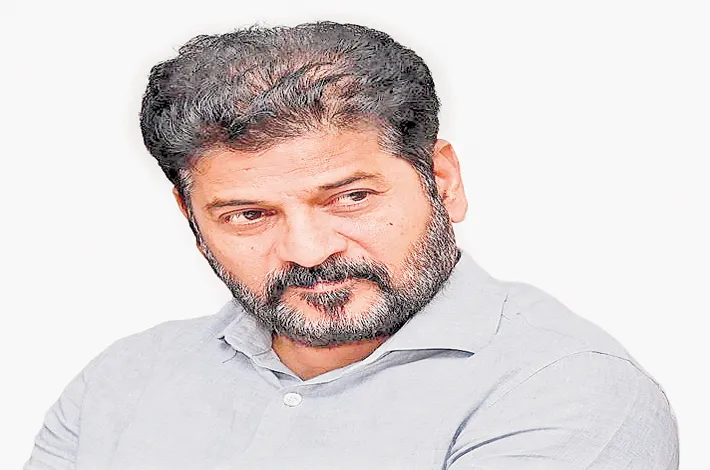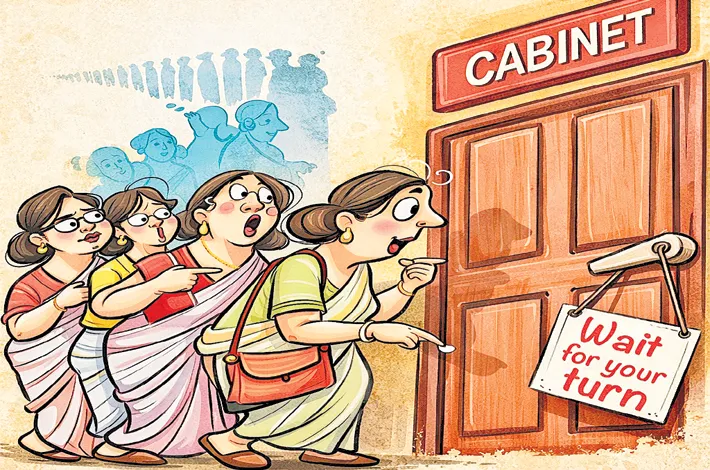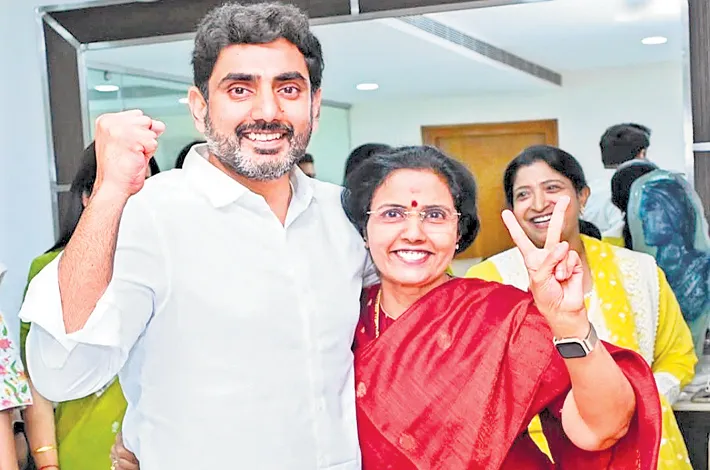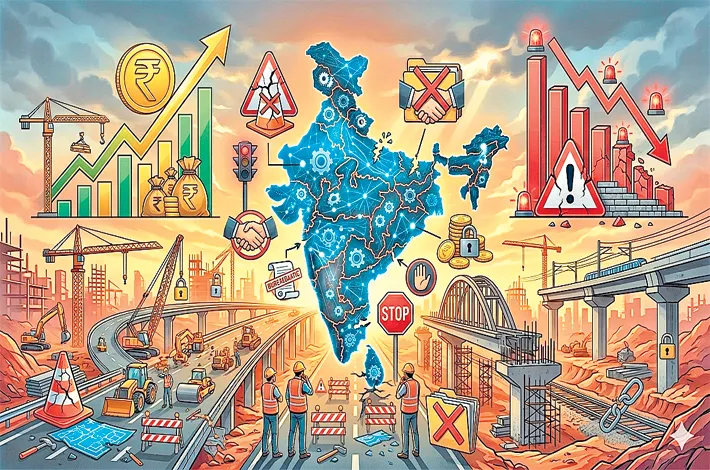Will Revanth reddy follow NTR’s 1989 Fury?
28-11-2025 12:00:00 AM

Telangana Cabinet Leak Row
metro india news I hyderabad
On November 25, Telangana Industries and IT Minister D Sridhar Babu sent a clear message from Secretariat: the unauthorized leakage of Cabinet discussions, particularly details of the ambitious Hyderabad Integrated Land Transformation Project (HILTP), will not be tolerated.
“Cabinet proceedings are highly sensitive,” he stressed, promising a thorough investigation and “stern action” against the culprits, “regardless of their position.” The statement, delivered after a Cabinet meeting chaired by Chief Minister A Revanth Reddy, has reignited memories of a dramatic precedent from undivided Andhra Pradesh—N.T. Rama Rao’s 1989 mass dismissal of his entire Council of Ministers over a budget leak.
The parallels are striking but the political terrain has shifted dramatically in thirty-six years. In March 1989, NTR, then Chief Minister of undivided Andhra Pradesh, reacted with theatrical fury when sensitive budget proposals—revealing shortfalls in the flagship ₹2-per-kg rice scheme—were leaked to Eenadu newspaper weeks before the Assembly elections.
Convinced the leak was a calculated act of sabotage by disgruntled elements within his Telugu Desam Party, NTR summoned his ministers on March 8, demanded their resignations en masse, and publicly accused them of “betrayal of trust.” A week later, after campaigning in far-away Assam, he returned to swear in a drastically slimmed-down 23-member cabinet packed with loyalists.
The gamble backfired spectacularly. Heavyweights like K. Jana Reddy, Nallapureddy Srinivasulu Reddy, Vasantha Nageswara Rao, K.E. Krishnamurthy, and Mudragada Padmanabham—men who commanded caste and regional vote banks—were left humiliated and vengeful. Their rebellion, combined with voter fatigue and Congress’s aggressive campaigning, contributed significantly to TDP’s crushing defeat in the November 1989 elections. NTR’s party won only 74 seats against Congress’s 181, ending the actor-turned-politician’s second stint in power.
Fast-forward to 2025. Revanth Reddy’s Congress government is barely 23 months old, riding high on the 2023 mandate that ended a decade of BRS (formerly TRS) rule. But cracks have begun to appear: discontent over delayed crop loan waivers, farm input subsidy bottlenecks, and—most explosively—the handling of land-related policies in and around Hyderabad.
The HILTP, intended to unlock land parcels for industrial and infrastructure growth while promising better compensation than the controversial 2013 LARR Act formula, is already politically radioactive. Any premature leak risks mobilising farmers, real estate lobbies, and opposition parties simultaneously.
Minister Sridhar Babu’s threat of “strict action irrespective of rank” is therefore loaded with subtext. In the 1989 episode, the leaker was never conclusively identified; NTR punished the collective instead. Today, the Congress high command in Delhi and Revanth Reddy himself are acutely aware that a repeat of such scorched-earth tactics could fracture the party.
In the end, Revanth Reddy is no NTR. Where the matinee idol saw betrayal as a personal affront demanding cinematic retribution, the current Chief Minister is a calculating operator who rose through Congress ranks by managing contradictions rather than confronting them head-on. Expect stern statements, discreet sackings of aides, and a tightly controlled official release of the HILTP details—but not the spectacle of marching ministers to the Raj Bhavan with resignation letters. Thirty-six years later, the ghosts of 1989 hover over Telangana’s Secretariat, but this time, pragmatism is likely to prevail over high drama.








